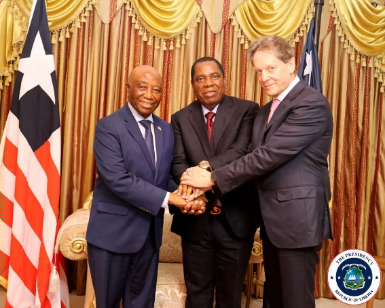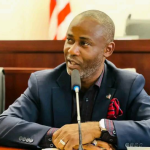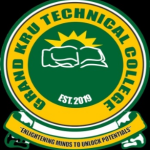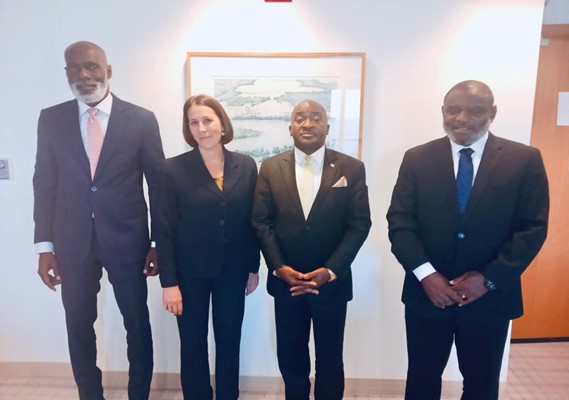On February 9, 2024, President Joseph N. Boakai and his economic team convened a meeting at the Executive Mansion with High-Power Exploration Inc (HPX)’s senior team, led by Founder Robert Friedland.
Addressing the media after the meeting, as reported by Spoon TV, President Boakai emphasized Liberia’s commitment to economic progress and a zero-tolerance approach towards corruption in his administration.
He affirmed Liberia’s dedication to pursuing economic development, particularly in business ventures that prioritize transparency and accountability.
Founder of HPX, Robert Friedland, echoed President Boakai’s sentiments and expressed optimism about Liberia’s abundant natural resources and untapped agricultural potential. Friedland highlighted Liberia’s strategic advantages, including access to maritime routes and fertile land.
Friedland outlined HPX’s ambitious plans to contribute to Liberia’s development agenda, focusing on infrastructure projects such as constructing railroads, especially those connecting Liberia with neighboring Guinea.
Emphasizing partnership and cooperation, he committed to working closely with the Liberian government and sought support from the American government and regional stakeholders.
During the meeting, Finance and Development Planning Minister, Boima Kamara, disclosed Liberia’s need for more companies to generate employment.
Minister Kamara emphasized the importance of transitioning to create sustainable job opportunities based on the necessary infrastructures for Liberia’s development.
In the midst of efforts by the new administration to attract investment and foster economic opportunities in Liberia, a significant challenge has emerged involving HPX and ArcelorMittal, the primary private sector investor in the country.
HPX aims to exploit one of the world’s most valuable iron ore deposits in Guinea, situated at the Nimba mountain range’s head.
To achieve this, an agreement was established between the governments of Guinea and Liberia, permitting the utilization of Liberia’s rail infrastructure from Yekepa to the Port of Buchanan for export.
However, ArcelorMittal Liberia (AML), the exclusive operator of the rail according to its 3rd Mineral Development Agreement (MDA) with Liberia, invested over US$500 million to restore the railway between Yekepa and Buchanan.
This exclusivity, granted during President Ellen Johnson Sirleaf’s administration, implies that, by Liberian law, no other entity can use the railway without AML’s consent, which has approximately eight years remaining on its MDA.
Contrary to allegations, AML has shown a willingness to allow other companies to use the rail, proposing a review of its MDA during the Weah administration.
Under the 3rd MDA agreed upon in 2021, AML consented to a multiuser arrangement, relinquishing any revenue derived from the rail to the Liberian government.
AML pledged to operate the rail without suppressing other companies, with the provision that the government could remove them if such issues arose.
The crux of the matter lies in HPX’s strong opposition to AML’s role as the rail operator.
HPX advocates for the naturalization of the entire railway, seeking to replace AML, the largest private sector employer and major contributor to government revenue, with its private company as the operator, potentially placing AML at a strategic disadvantage.
Despite controversial payments to the Weah administration, HPX faces legal constraints as the AML MDA dictates exclusive control of the rail until its expiration.
The government, cautious of potential litigation and rights violations, refrained from implementing HPX’s framework.
To resolve this on-going dispute and pave the way for other companies to access the rail, it is crucial for an agreement between the government and AML to be established, ensuring a smooth transition and avoiding further contention.







